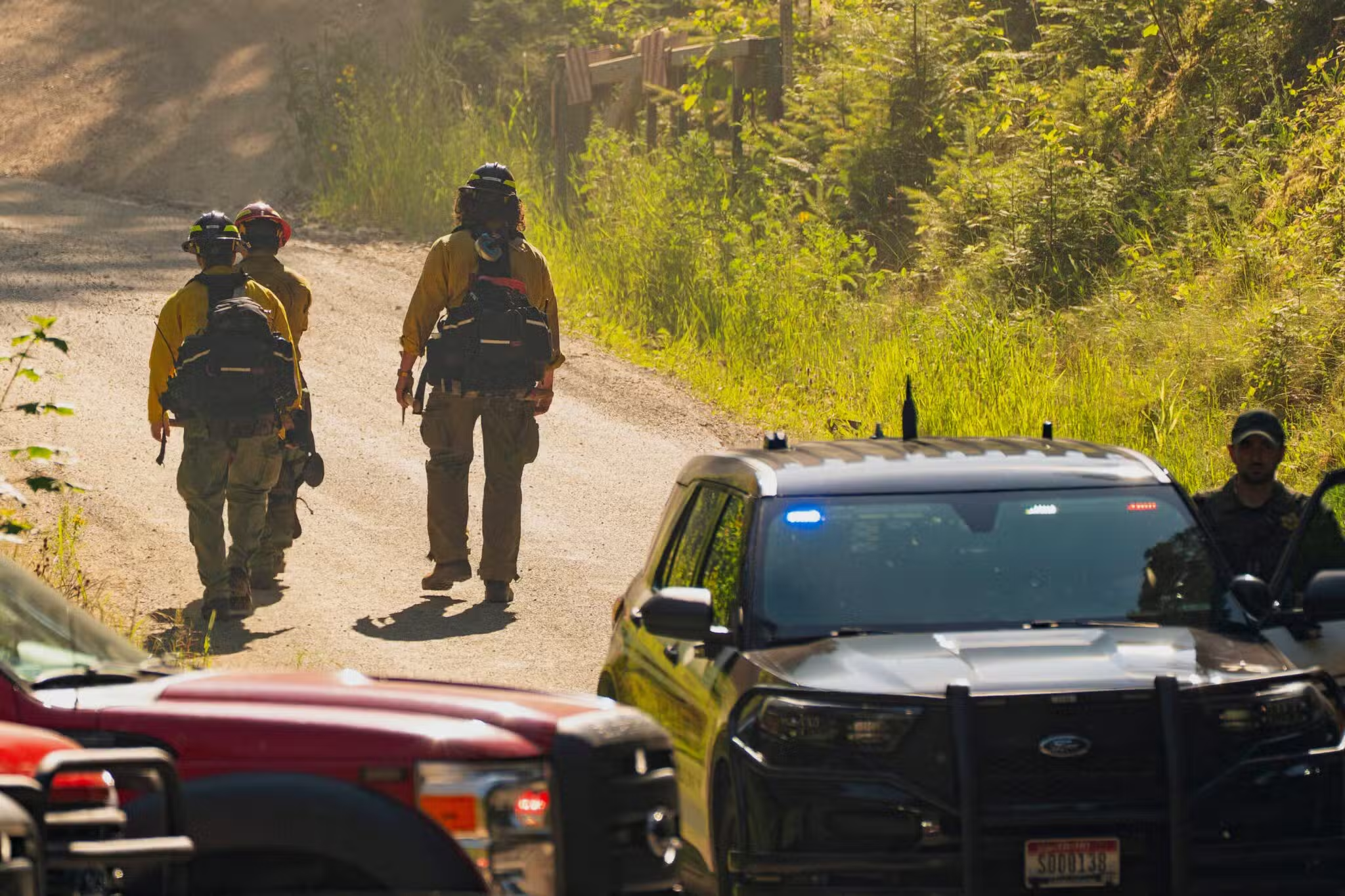Often, I am haunted and healed by the words of the Spanish mystic Unamuno: “May God deny you peace but give you glory.” Unamuno’s tragic sense of life suggests that what too often passes for peace in our world is shallow and tenuous and fleeting. Most of us, me included, could easily settle for a type of counterfeit peace that Martin Luther King said was only “the absence of conflict.” Can we contemplate an alternative path to peace? For Christians and spiritual seekers of all kinds, I believe that Unamuno’s wisdom points to the glory of the risen Christ who, first, had to descend into the hell of his undoing before he could say to his followers, “Peace I leave with you; my peace I give to you. I do not give to you as the world gives. Do not let your hearts be troubled, and do not let them be afraid.” (John 14:27, NRSV)
This election season is seething with anxiety, a perfect word that describes the psychological and moral conviction of a future loss soon to be realized. Regardless of where we stand within the widening, rancorous chasm of partisanship, our hearts are troubled. Regardless of which vision for our nation prevails over these next four years, literally half of the rest of us will be denied the peace that comes with winning. Our moods and mindsets are best described by the legendary coach of the Green Bay Packers, Vince Lombardi, who said, “Winning isn’t everything; it’s the only thing.”
While winning isn’t all that’s at stake, I wrestle with this question: Will I be defined by being a winner or, God forbid, a loser? If politics is a merciless zero-sum game, does my faith in a despised loser, who died a politically shameful death, allow me to take part in that game in the first place?
I was raised hearing circumspect church-going elders warn, “Don’t mix religion with politics.” Much later, as a seminary student, I discovered that it was Pharoah who originally coined that phrase when Moses demanded of him, “Let my people go!” In other words, it occurred to me that while it is possible to divorce religion from politics it isn’t biblical. That was such an inconvenient insight! I asked myself then, and ask now: What should I do if the privatization of my faith as a solitary salvation scheme serves to disengage me from the very world for which Jesus publicly suffered? To make matters worse, I have come to suspect that when I engage the world, even for good, and fail to see how profoundly I share in its corruption, I add only to its demise.
I was raised hearing circumspect church-going elders warn, ‘Don’t mix religion with politics.’ Much later, as a seminary student, I discovered that it was Pharoah who originally coined that phrase when Moses demanded of him, ‘Let my people go!’ In other words, it occurred to me that while it is possible to divorce religion from politics it isn’t biblical.
One of Father Richard Rohr’s meditations, “Beyond Private Virtue,” grapples with the conundrum created by the false assumption that the inner spiritual journey doesn’t intersect with the path we walk as citizens. Keeping these two realms separate, he says, created a “convenient split” that took the forms of “either the inner or outer world.” Father Rohr goes on to note that our highly skeptical and secular world produces “fewer people [who] now expect religion to have anything to say about either the inner or outer worlds! But if we do not go deep and in, we cannot go far and wide.”
I must confess that, on occasion, I retreat into what I think is a “contemplative” practice, only to realize that I have become self-absorbed and comfortably removed from a digital, noisy world that has over-stimulated my amygdala. No doubt, some time out for contemplative self-care is necessary and healthy, but only if it courageously reorients me back into a way of life that is holistic—that takes me deep and in so that I can go far and wide. The existential ambivalence that keeps us tottering on the fence between the inner and the outer was observed by the essayist E.B. White when he said of himself, “I arise in the morning torn between a desire to improve (or save) the world and a desire to enjoy (or savor) the world. This makes it hard to plan the day.”
How, then, shall I plan the day, let alone my life? And how, by working on a life day-by-day, can peace unfold to include God’s world that is both savored and saved? My only answer is that I do not pretend to have the answer. To the best of my ability, especially during these last election days that are full of fear, loathing, and trepidation, I hope to shrug off the temptation to hole up on the private, illusory island of self-detachment long enough to notice others, especially those I view as oppositional others, in order to see, hear, discern, and love a world that shares in, and stumbles toward, a glory that may not always reward us with peace.








